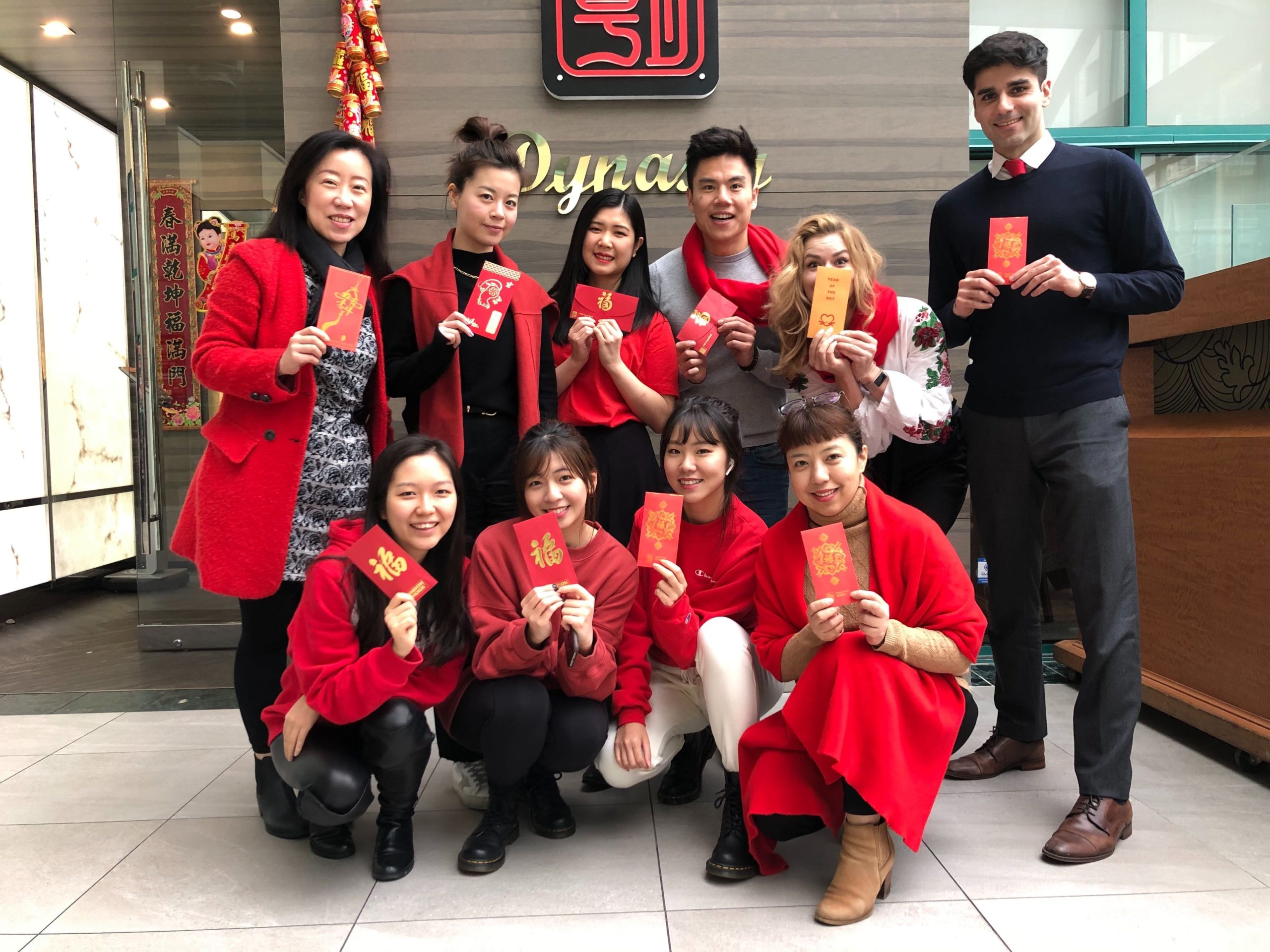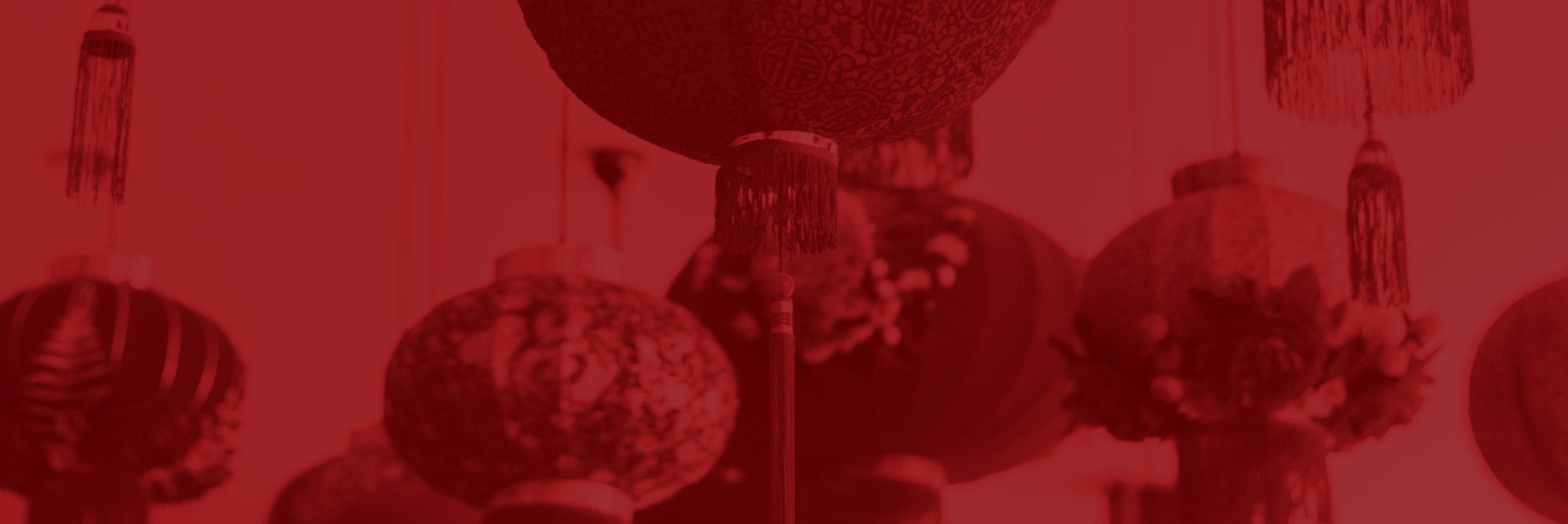Chinese New Year (or Lunar New Year) is a time of celebration for many — almost 20% of the world’s population to be exact. It’s the most popular holiday in China and is a time for laughing, sharing traditions, and eating delicious food. It’s also the longest holiday, where most businesses are closed for the first week but celebrations extend up to two weeks. Even if you don’t celebrate Chinese New Year, it would be a good idea to use it as an excuse to stuff your face with dumplings!
Ringing in the Year of the Ox might look a little different this year since we’re unable to celebrate with our families and friends in person. Remembering the good times we shared and how we normally celebrate this holiday is a great way to keep our spirits high during this interesting time.
There are many dos and don’ts surrounding Chinese New Year. It’s important to adhere to these to ward off bad luck and misfortune for the coming year. Keep reading to learn more about Chinese culture around this holiday and perhaps start celebrating yourself (if only for the dumplings ).
Spring Festival
Chinese New Year is also called the Lunar New Year because it follows the lunar calendar and other countries like Korea and Vietnam also celebrate it. Another name is the Spring Festival: 春节 (Chunjie). While it still occurs during wintertime, it represents the end of the coldest days, welcoming spring and all it has to offer. Spring Festival themes focus on new beginnings and sharing good luck among friends and family for the coming year. Naturally, many of the traditional customs support this sentiment.
One of our Account Managers, Danwei, and our Chinese Content Specialist, Helen, mentioned it’s a tradition in their families to watch the CCTV Spring Festival Gala each year. The gala features dancers, speakers, comedy sketches, and various performances with vibrant colours. It’s the most-watched television show in the world!
Traditional Customs
Our team members helped outline some traditional customs commonly practiced around this time of year. Our Content Coordinator & WeChat expert Melody mentioned traditions sometimes differ between the Northern & Southern regions of China, with some commonalities.
Colours & Decorations
Melody explained wearing the colour red is encouraged during Chinese New Year, especially if it is your Chinese Zodiac year. This colour represents happiness, success, and good fortune. Red decorations like lanterns, banners, and paper cutouts can be seen in storefronts and in residences.
Yellow and gold are also lucky colours. Yellow symbolizes royalty and power, and gold represents wealth and prosperity.
On the same note, avoid wearing white or black on Chinese New Year as these represent death, mourning, darkness, and secrecy. You don’t want to invite these sentiments to disrupt your life in the coming year.
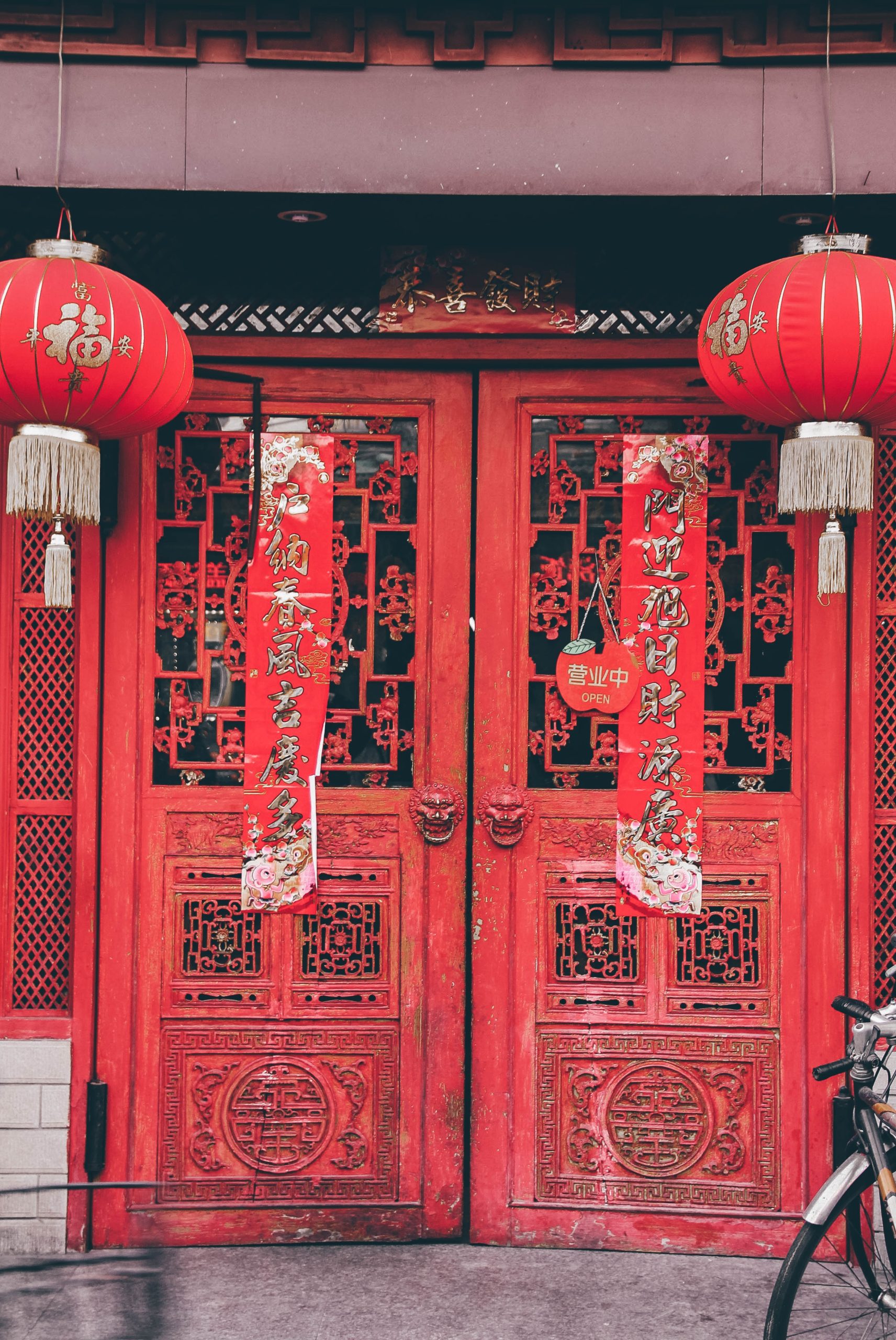
Red Pockets
If you’re young, red pockets or 红包 (Hongbao) are something to look forward to on Chinese New Year. Helen mentioned if you’re under 18, you’ll likely receive a red pocket filled with money from your grandparents, aunts, and uncles.
Northerners like to give round numbers of cash amounts inside red envelopes, while Southerners prefer lucky numbers with 6 or 8. Regardless of region, the number 4 is very unlucky as it’s a homonym for death. Refrain from giving multiples of 4 or any number including it. An interesting fact about the number 4 — some apartment buildings and condo projects around the world refrain from including the 4th floor as developers know this number is unlucky to the Chinese.
If you’re a WeChat user, you can also send money virtually via their platform. We predict this method will be very popular this year!
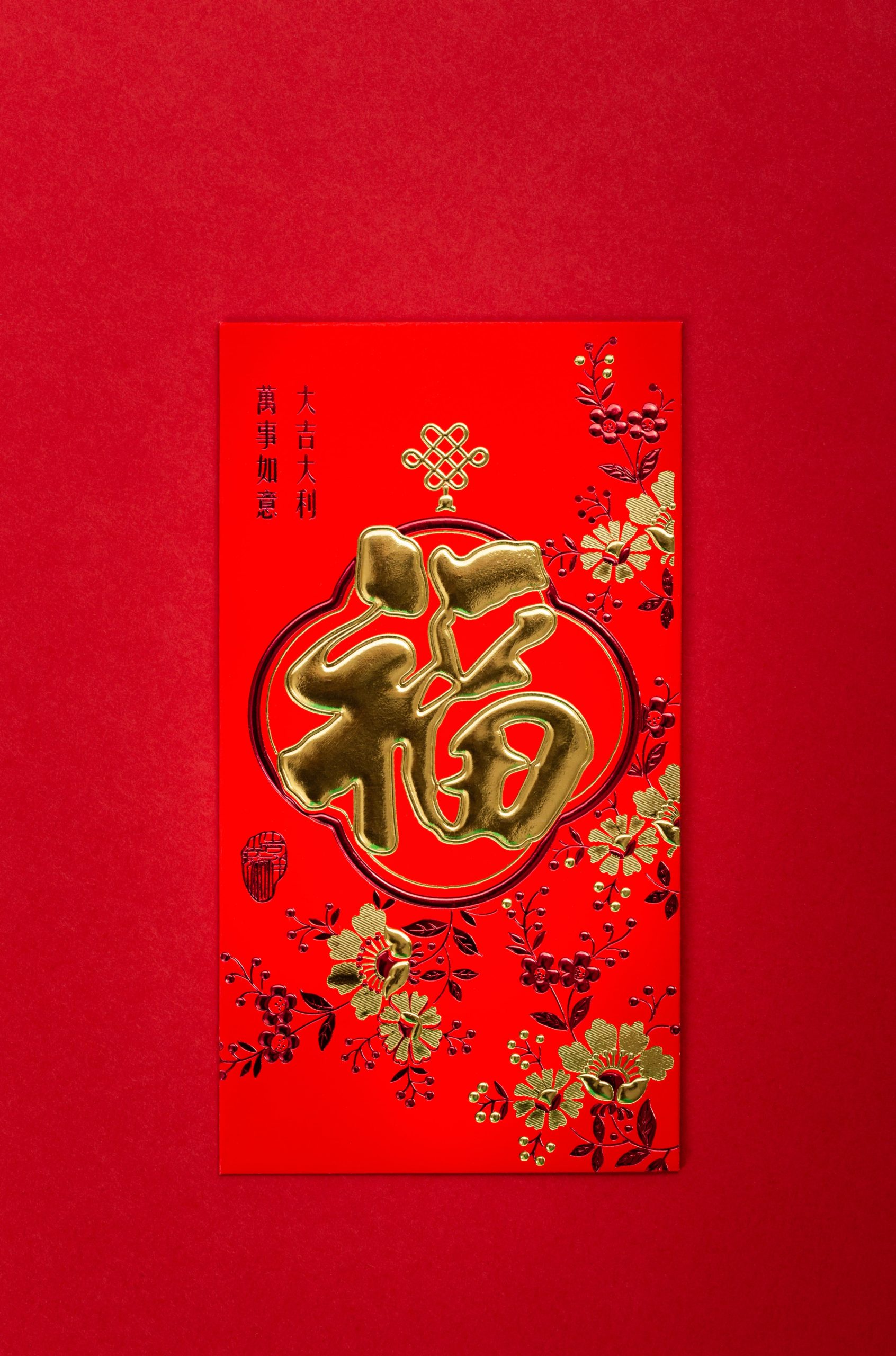
Fireworks
It is said that fireworks help ward off monsters. There is an old legend that states a monster called Nian visits on New Year’s Eve which most people hide from in their homes. One brave boy fought it with firecrackers, and the next day fireworks were set off by the public to celebrate survival from the monster.
It stuck as a tradition. Danwei is from Northern China and remembers setting off fireworks with her family as a kid. She explained that it’s now prohibited due to air pollution and safety concerns, much to the public’s dismay.
Taboos
Dating back centuries, luck and superstition are taken very seriously in Chinese culture. Filling your life with lucky symbols, objects, and sayings is said to bring prosperity and increase wellness. Chinese New Year is no exception and is possibly the most important time of year to usher in good luck.
On the other side of the coin, it is crucial to avoid unlucky symbols and behaviours, or risk inviting hardship and misery to your and your family’s lives. Avoid the following on Chinese New Year:
- Using sharp objects like scissors or knives
- Fighting and cursing
- Breaking things
- Saying negative words like ‘death’, ‘pain’, or ‘sick’
- Cleaning: it is said it will wash away the good luck
- Our Media Manager Annie says to remember to refrain from taking out the garbage so you don’t trash your good luck with it!
- Visiting the wife’s family on New Year’s Day
- It represents marriage problems
- Giving New Year blessings to someone in bed or wake them from their slumber on the New Year morning
- This will ensure they are bed-ridden and be overtaken by authority for the whole year. We’ll take advantage of this by sleeping in, thank you very much!
- Periphery’s Senior Project Coordinator Jennie reminds us to not wash or cut our hair on the first day of the New Year!
Food
We saved the best for last and gave it it’s own section because we love food that much. One of the best parts about Chinese New Year is all the delicious food!
Danwei, Helen, and our CEO Alex love dumplings, although we’re pretty sure our whole team could get down with a big plate of dumplings. How could you not love dumplings? These pockets of goodness are typically eaten at almost every Chinese occasion, but on Chinese New Year they are especially popular among Northerners. It makes sense: In Chinese, 饺子 (jiǎo zi) sounds like 交子 (jiāo zi). 交 (Jiāo) means ‘exchange’ and 子 (zi) is the midnight hour, and when combined it translates to the exchange between the old and new year.
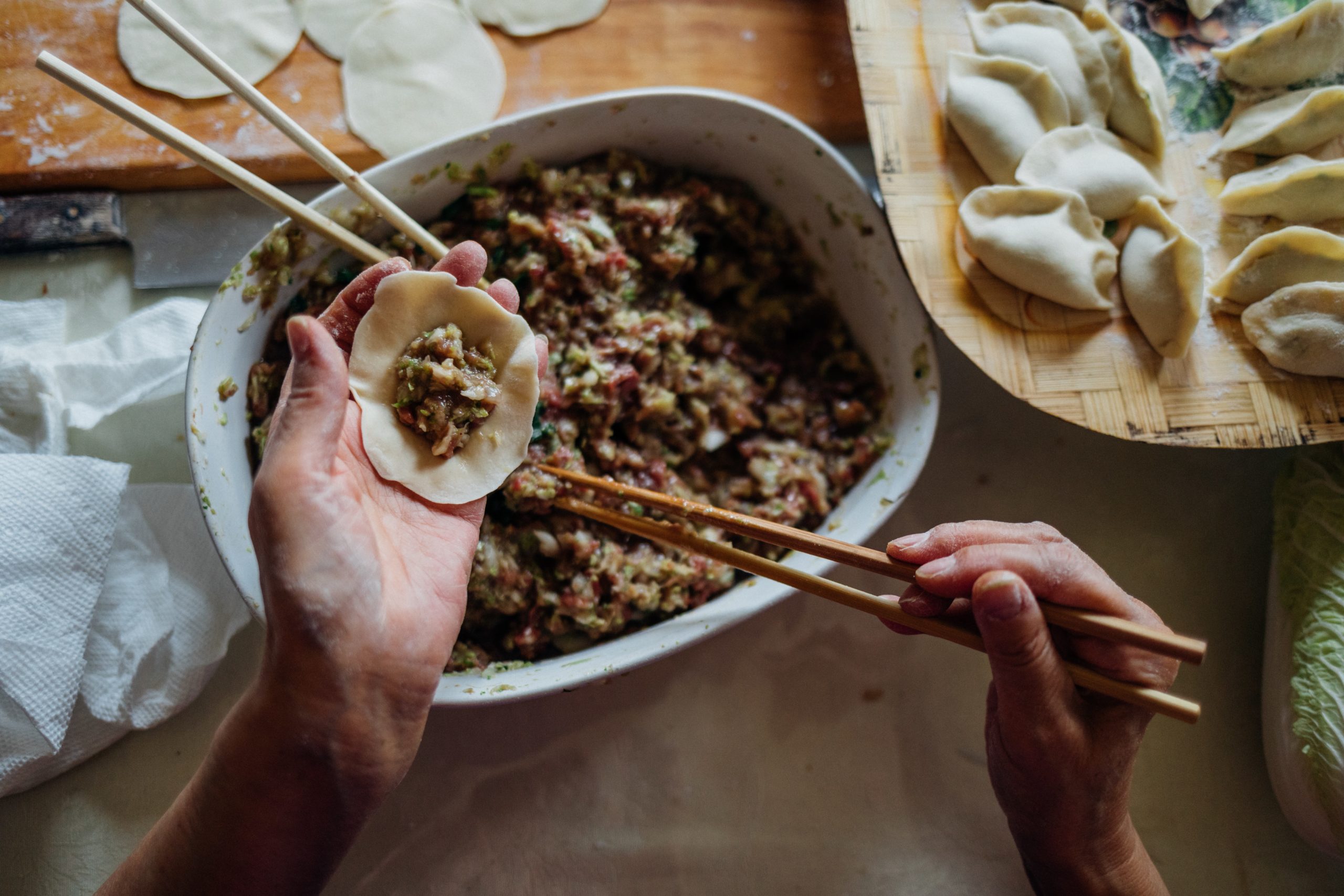
Fish is commonly eaten in Southern China on Chinese New Year. Our Content Manager Grace recommended eating fish for good luck. Fish 鱼 (Yú) sounds like the word ‘surplus’ signifying a surplus of goods and indicating wealth. Crustacean carp, Chinese mud carp, and catfish are commonly eaten as the names are based on auspicious homophones.
Danwei mentioned there are many snacks that are eaten during Chinese New Year. Nian gao is a glutinous rice cake that is eaten instead of dumplings in Southern China. Some examples of sweet snacks include 酥糖徐福记 (hsu fu chi) a crispy, sugary candy, and 江米条 (jiang mi tiao) fried glutinous rice crullers coated with sugar.
This is not an exhaustive list by any means — there are many more foods eaten on Chinese New Year. We could write pages about it, but we’ll leave it there for now.
In Conclusion
We hope you enjoyed learning about Chinese New Year! Many of our clients come to us for Chinese New Year campaigns to reach a new audience. Contact us if you have any questions about what it might look like to run such a campaign for your business.
Even though it will be a different sort of celebration this year, we’re wishing you happiness, health, and prosperity for the coming year. Eat dumplings and be merry!
Happy New Year 新年快乐 from the Periphery Team!
